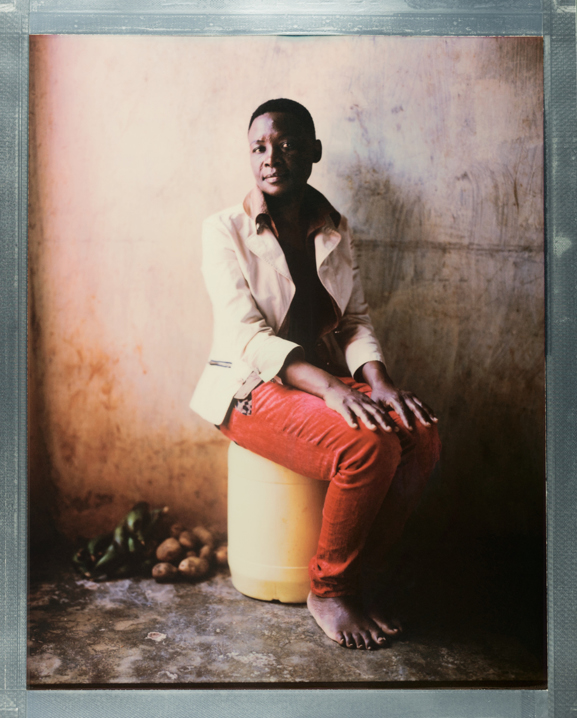Aisha / Uganda
“My name is Nakitende Aisha. I became a lesbian at 13 years old. I started in my primary seven. My family members became so angry when they found out. Yet I wasn’t the only lesbian in my family. We were two. I and my aunt called, I won’t say her name. She was also a lesbian. Our family despised us. My family even promised to kill me. They can’t even look at me after knowing that I am a lesbian. Even the villagers were told to just kill me in case they saw me anywhere. That is why I decided to run away. Because my family wanted to kill me. Plus my family and all the villagers were looking for me. Even Kenyans don’t want me to be here. Even while in the neighbourhood, they say we are lesbians and Basoga so they do not want us here. All the neighbours know we are lesbians so we don’t feel at peace.”




